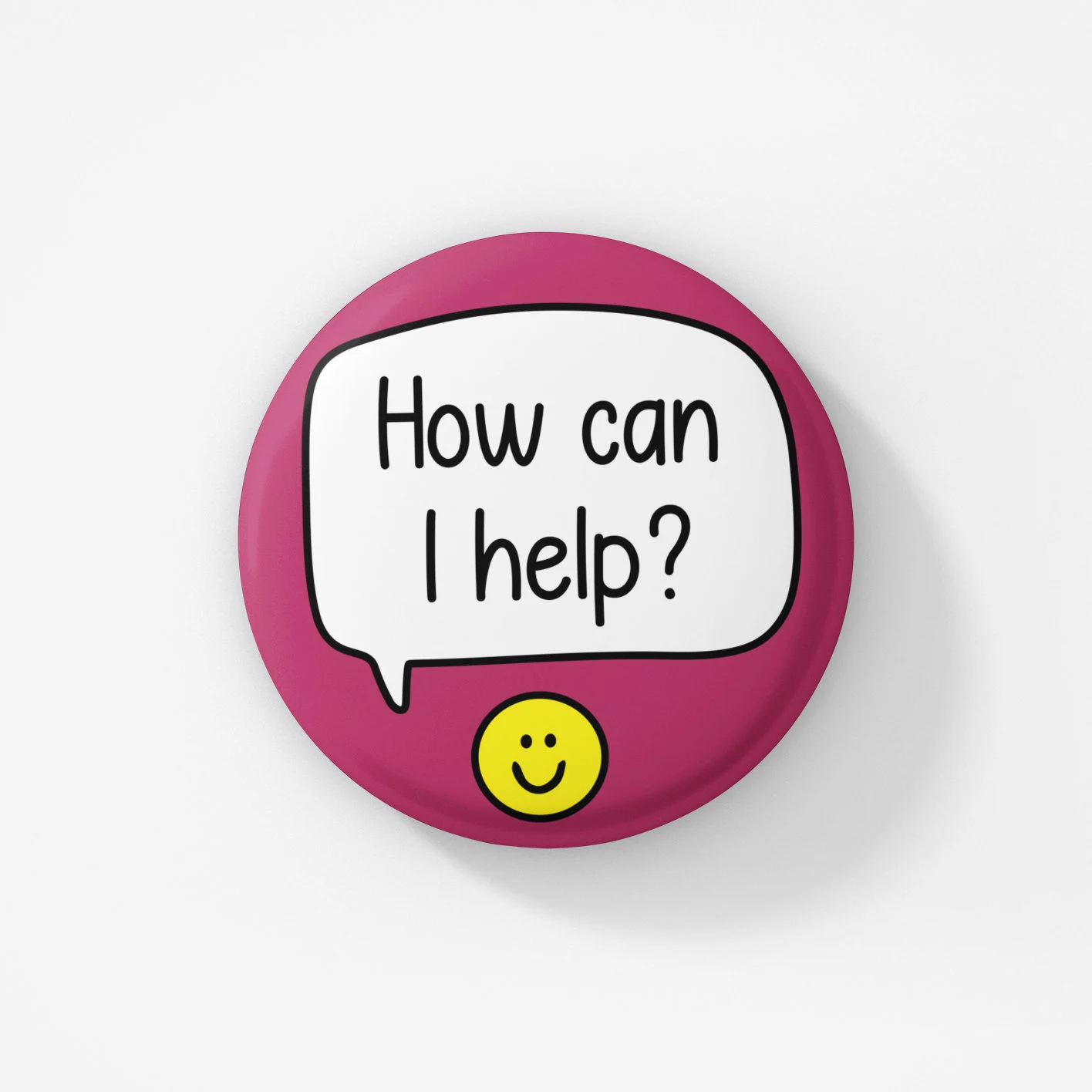
When You Want to Help But Don’t Know How
Death, divorce, and serious illness are difficult. Sometimes we just don’t know how to talk about it with the people experiencing the grief and pain. We don’t want to make it worse by drawing unwanted attention to their pain, but we also don’t want to be callous. Social support is healing. Here are some tips for how to manage it.
Instead of saying “How are you?”, wait until after you have chatted for a few minutes. Then pause and say, “How are you doing?” or, “How are things going?” When you ask the question right away, the person may not know whether you want an answer. Be sure you have time to listen before you ask the question.
Drop the person a note that indicates you care. You might write something like, “I’ve been thinking of you and wondering how you are doing.” Letting the person know you care can make a big difference. You might suggest getting together for coffee.
Be aware of an especially stressful time for the person, such as an anniversary date, holiday, or an appointment with a lawyer or a doctor. Call to see how the day went. Your caring can help the person cope with a difficult day.
Confidentiality is essential. Let the individual know that you will keep private comments to yourself, even if the person doesn’t specifically ask you not to repeat the information.
Find a place to talk where you won’t be interrupted and others can’t eavesdrop.
Tell the person that you’re going to stop by to chat. You might say, “I’ve got the doughnuts. You put on the coffee.”
It may be difficult for a person who needs help to bring up the subject. He or she may not want to bother you. You need to convey that you want to listen.
Sometimes a physical gesture like a hug or an arm around the shoulder can say more than any words.
At a time of great personal loss or tragedy, you can go to the person and say, “I don’t know what to say” or “I want you to know that I’m thinking of you.” The person in crisis doesn’t need advice or words of wisdom, but your caring presence.
It may be important to make repeated contacts because the first time you reach out, the person may not be ready to accept your help. Continue to be available and let the person know you care.
If you’re not close enough to visit personally, make a phone call. Don’t wait for the other person to call you.
These tips are adapted from HealthAdvocate, “How to Help When You Don’t Know What to Say.”
